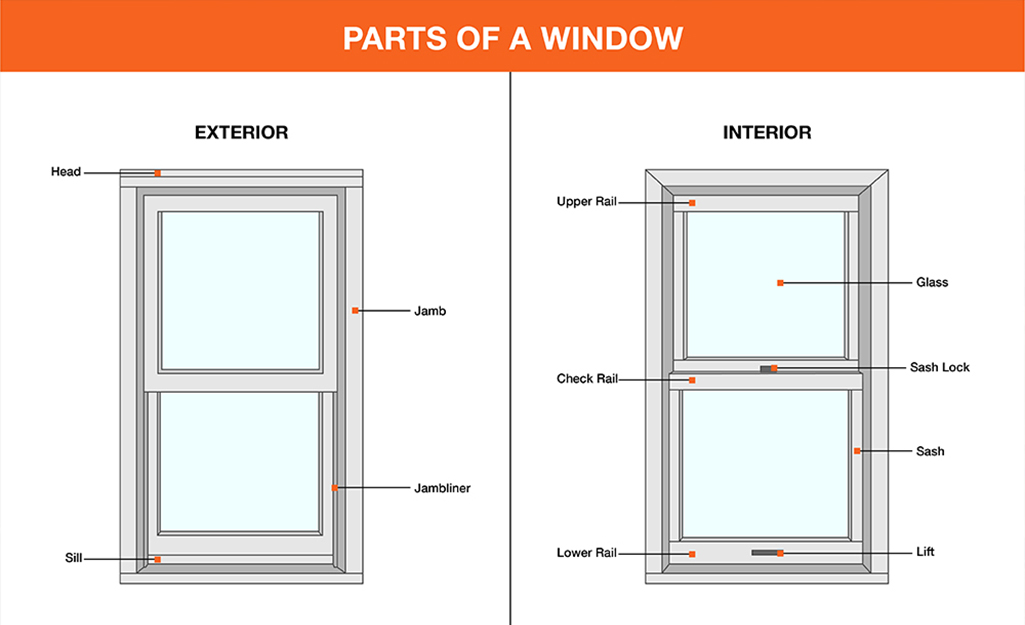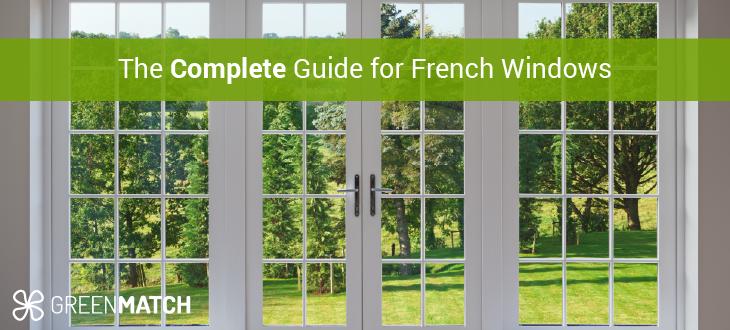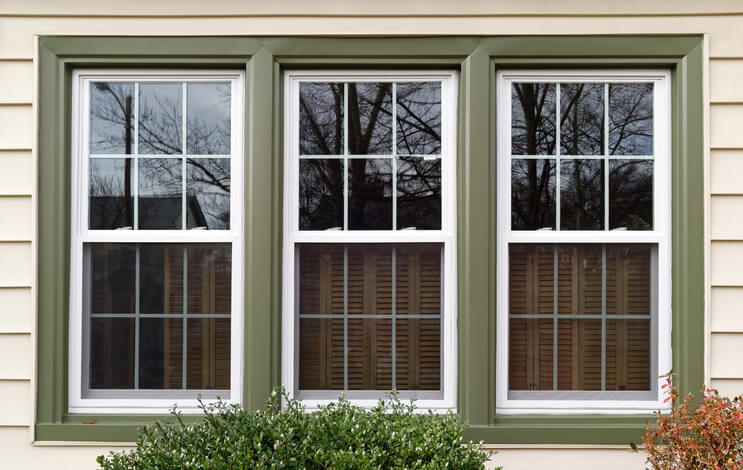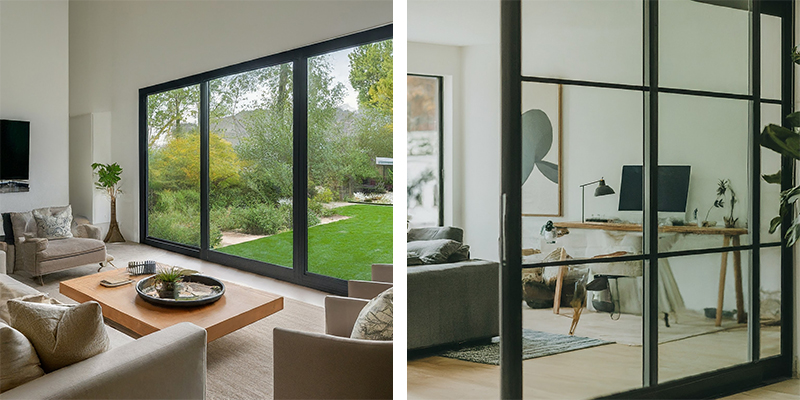
Your home’s exterior windows are more than just openings for light and air. They are crucial elements that contribute to your home’s aesthetic appeal, energy efficiency, and overall comfort. Whether you’re building a new home, renovating an existing one, or simply looking to upgrade your windows, understanding the various aspects of exterior windows is essential.
Understanding the Importance of Quality Exterior Windows
Quality windows can significantly impact your home in several ways:
- Energy Efficiency: Properly installed and well-insulated windows can reduce energy costs by minimizing heat transfer.
- Aesthetic Appeal: Windows can enhance the curb appeal and overall design of your home.
- Security: Sturdy and secure windows provide an essential layer of protection for your home.
- Natural Light: Windows allow natural light to enter your home, creating a brighter and more inviting atmosphere.
- Ventilation: Operable windows provide essential ventilation, improving indoor air quality.
Types of Exterior Windows
There are numerous types of exterior windows, each with its own unique characteristics and benefits. Choosing the right type depends on your specific needs and preferences.
Casement Windows
Casement windows are hinged on the side and open like a door. They offer excellent ventilation and a clear, unobstructed view.
Double-Hung Windows
Double-hung windows have two sashes that slide vertically, allowing for ventilation from both the top and bottom.
Sliding Windows
Sliding windows, also known as glider windows, slide horizontally along tracks. They are easy to operate and provide a wide view.
Picture Windows

Picture windows are fixed windows that do not open. They are designed to provide a large, unobstructed view and maximize natural light.
Bay and Bow Windows
Bay and bow windows project outward from the home, creating a unique architectural feature and expanding the interior space.
Awning Windows
Awning windows are hinged at the top and open outward, providing ventilation even during rain.
Materials for Exterior Windows
The material of your exterior windows plays a crucial role in their durability, energy efficiency, and maintenance requirements.
Vinyl Windows
Vinyl windows are popular for their affordability, durability, and low maintenance. They are also energy-efficient and resistant to rot and insects.
Wood Windows
Wood windows offer a classic and elegant look. They provide excellent insulation but require regular maintenance to prevent rot and decay.
Aluminum Windows
Aluminum windows are strong, durable, and low maintenance. They are suitable for modern and contemporary designs.
Fiberglass Windows
Fiberglass windows are highly durable, energy-efficient, and resistant to warping and fading. They are a premium option with a long lifespan.
Energy Efficiency and Window Ratings

Understanding window ratings is essential for choosing energy-efficient windows.
U-Factor
The U-factor measures the rate of heat transfer through the window. A lower U-factor indicates better insulation.
Solar Heat Gain Coefficient (SHGC)
The SHGC measures the amount of solar radiation that enters through the window. A lower SHGC indicates less solar heat gain.
Visible Transmittance (VT)
The VT measures the amount of visible light that passes through the window.
Air Leakage (AL)
The AL measures the amount of air that leaks through the window. A lower AL indicates better air tightness.
Installation and Maintenance
Proper window installation is crucial for optimal performance and energy efficiency. It is recommended to hire a professional installer.
Regular maintenance, such as cleaning and inspecting for damage, is essential for prolonging the lifespan of your exterior windows.
Conclusion
Choosing the right exterior windows for your home is a significant investment. By considering the various types, materials, and energy efficiency ratings, you can make an informed decision that enhances the beauty, comfort, and value of your home.





